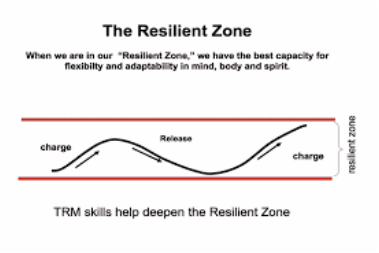What is Trauma?
Trauma is the result of an event, series of events, or circumstances that is experienced by an individual as psychologically, physically, or emotionally harmful or threatening and that has lasting adverse effects on the individual's physical, social, emotional, or spiritual well-being.
|
Trauma affects the Nervous System and we respond in 3 ways: Fight, Flight, Freeze.
When we experience trauma, it gets stuck in the our short-term memory and in our body and that is why any small reminder or trigger takes us back to the moment of the traumatic event, as if it is happening to us right here, right now. Some trauma cannot be talked about but are felt internally.
|
What is EMDR?
|


